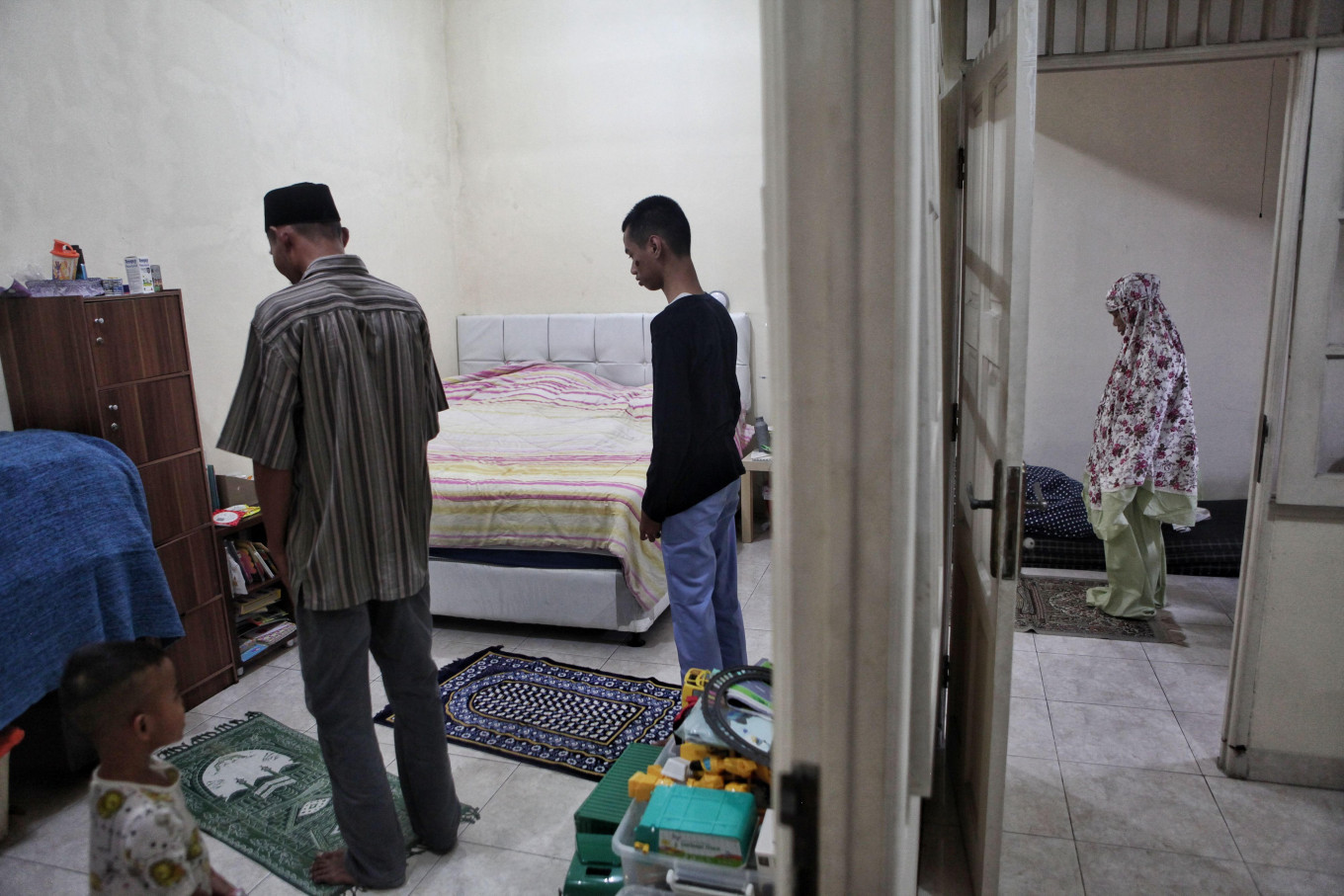Popular Reads
Top Results
Can't find what you're looking for?
View all search resultsPopular Reads
Top Results
Can't find what you're looking for?
View all search resultsRamadan during a pandemic
The fatwas by the NU and Muhammadiyah, the faces of Indonesian Islam with millions of followers, are crucial to ensure Muslims follow social distancing rules set by the government during the fasting month.
Change text size
Gift Premium Articles
to Anyone
M
illions of Indonesian Muslims will observe Ramadan in a different way this year. With the pandemic showing no signs of subsiding, it is highly risky for Muslims to engage in various communal traditions that make the Islamic holy month the largest and the longest religious festivity in the world’s biggest predominantly Muslim country.
We therefore welcome the religious fatwas issued by Muhammadiyah and Nahdlatul Ulama (NU), the nation’s mainstream Islamic organizations, asking Muslims not to hold mass prayers at mosques or have iftar dinners with extended families or colleagues.
Indonesia is not out of the pandemic woods yet. The government has made the right call to impose a partial lockdown on Greater Jakarta and ban residents from leaving the area to celebrate Idul Fitri in their hometowns; yet, as of now, there is no indication the coronavirus outbreak has peaked in the country.
With limited testing capacity, health authorities have struggled to grasp the true scale of the pandemic, let alone determine with confidence in which areas of the country, particularly on Java Island, COVID-19 is not circulating. One thing is for sure, cases have been confirmed in all of the nation’s 34 provinces.
The fatwas by the NU and Muhammadiyah, the faces of Indonesian Islam with millions of followers, are crucial to ensure Muslims follow social distancing rules set by the government during the fasting month. Some people would likely ignore the rules, thinking that a virus should not prevent people from praying at the mosque or having a bukber (iftar dinner) with old friends.
The Aceh Ulema Council has announced that it will allow people to perform daily mass prayers and tarawih (night prayer) despite the outbreak. The council argued that not all areas were considered “red zones” and in areas where the spread of COVID-19 was contained, group prayers should be permitted.
The argument is flawed simply because it is still hard to pinpoint which areas in the country are completely free of COVID-19. In the face of a full-blown health disaster, we should err on the side of caution.
Both Muhammadiyah and the NU have cited scientific and religious arguments to justify their calls to suspend religious gatherings during a pandemic. Some people may argue that religion and science are incompatible or antithetical, but Muslims could easily find scriptural grounds for physical distancing or a lockdown.
For instance, Muhammadiyah has cited a hadith quoting Prophet Muhammad as saying, “When you hear that a plague is in a land, do not enter it and if the plague breaks out in a place while you are in it, do not leave that place.” In another hadith, the Prophet reportedly said: “Do not place a sick patient with a healthy person.”
These are tough times for everyone in the world. Some people rely on religious institutions, such as mosques or churches, to find solace in this difficult time. But we just cannot risk mass contagion by allowing mass prayers.
Such a policy is by no means anti-Ramadan. As the Quran says when ordering the believers to fast, “Allah desires for you ease; He desires not hardship for you.”









